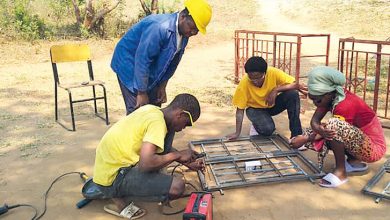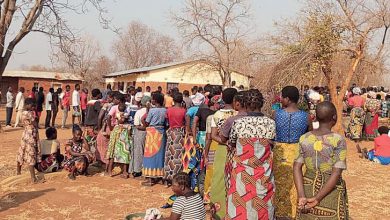Must set to roll out reforms by August
Malawi University of Science and Technology (Must) has said it is ready to assemble information and communication technology (ICT) gadgets, starting August this year.
Must Deputy Vice-Chancellor Professor Wilson Mandala said this in Blantyre yesterday in his presentation on the Thyolo-based public university’s reforms to Vice-President Michael Usi, who is Minister responsible for Public Service Delivery.

He said Must plans to start assembling tablets then other ICT gadgets such as laptops, computers and mobile phones to enhance access and cut costs.
In the presentation, Mandala said apart from the gadgets assembling company, Must is also championing a centre of excellence in transformative food systems and innovation to focus on agricultural diversification, agriculture research, innovation and dissemination.
Speaking on the sidelines of the engagement with Southern Region-based government ministries, departments and agencies (MDAs), Usi said he was satisfied with the progress some MDAs were making under the Public Sector Reforms Programme.
He said: “Work is being done. I have said this because you have produced a very good report. But let us also have a catalogue of achievements and keep them in your knowledge management system, so whoever comes, will be able to say colleagues were here and this is what they did.”
Usi urged Must and other public universities to enhance research and building human capacity to achieve their respective reform goals.
“Research is important. It is expensive yes, but it is part and parcel of reforms because it becomes an integral component of reforms,” he said.
Two weeks ago, the Department of Public Sector Reforms Management reported that nearly 85 percent of MDAs were struggling to make progress in their respective reform areas mainly due to financial constraints.
The report, dated June 2 2025, also highlighted that most MDAs developed plans that cannot be implemented due to limited resources.
The department has since urged Treasury to finance MDAs to enable them implement their reforms to reduce donor dependency.





